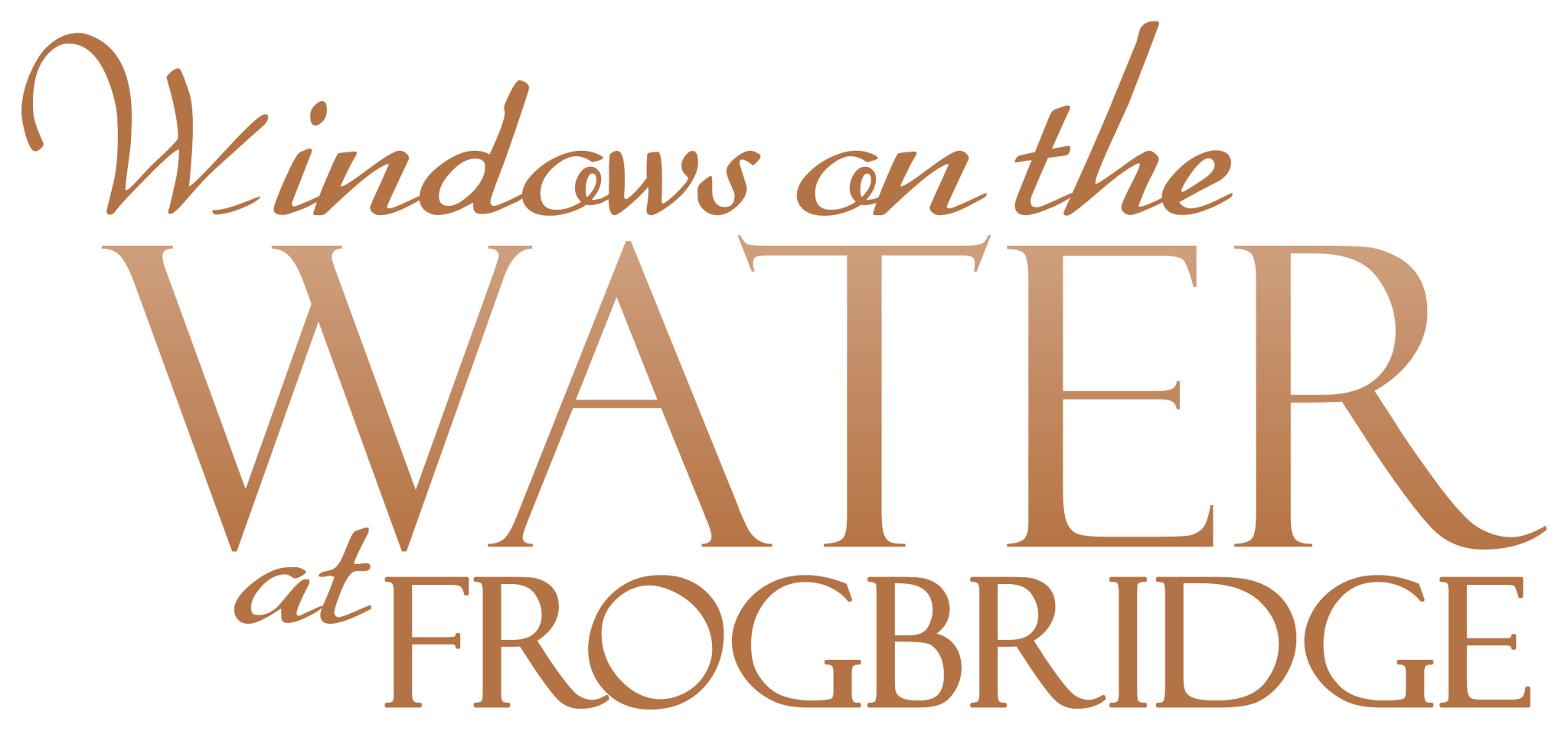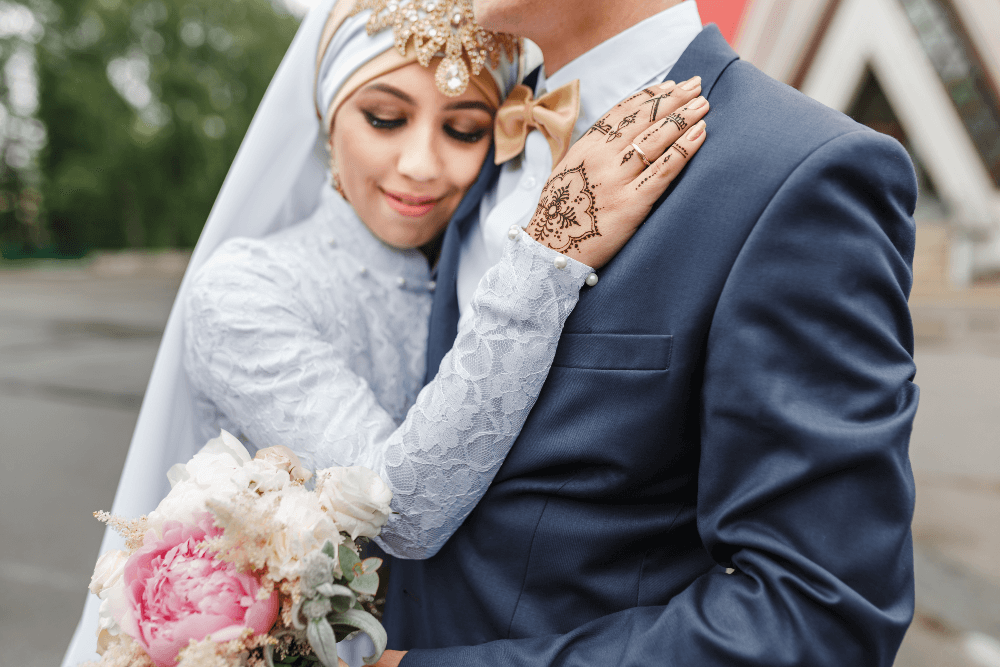Weddings not only serve as beautiful ceremonies that celebrate a couple’s love, but they’re also a way to honor their culture. When you’re attending a Muslim wedding, there are different traditions you’ll see than you may not be accustomed to. If you’ve never attended a Muslim wedding, you’ll want to familiarize yourself with the basics of a Muslim marriage ceremony so you know what to expect.
At Windows on the Water, we welcome any couple to tie the knot at our venue. We work with the couples one-on-one to ensure that the venue will respect, honor, and celebrate their culture’s unique traditions.
Muslim Wedding Resources
- <style=”font-size: 14pt;”=””>Common Traditions at a Muslim Wedding Ceremony</style=”font-size:>
- <style=”font-size: 14pt;”=””>How to Respect Traditions at a Muslim Wedding</style=”font-size:>
- <style=”font-size: 14pt;”=””>Plan Your Outdoor Wedding Reception at Windows on the Water</style=”font-size:>
Common Traditions at a Muslim Wedding Ceremony
A Muslim marriage is a symbolic religious event between two people of the Islamic faith. Like other marriage ceremonies, a Muslim wedding follows centuries-old traditions, including the following:
- Nikah is the binding commitment between the couple to follow the Islamic faith during their marriage.
- Mahr is a gift from the groom to the bride. Some modern couples use the engagement ring as part of the gift, and the groom gives more of a symbolic present on the wedding day.
- Nikah-Namah is a social contract between the couple, detailing what happens in the event of a divorce. The couple signs the document in front of guests.
- Fatihah is the first chapter of the Qur’an and is read at the end of the ceremony when the couple is officially married.
Some Islam devotees also follow the tradition known as al-Qamar fil Aqrab. There are days that Muhammad the Prophet deemed ominous, including Wednesdays, the last few days of a lunar cycle, and when the moon is in Scorpio.
How to Respect Traditions at a Muslim Wedding
If you’ve never been to a Muslim wedding, you’re likely wondering what you can expect. Most couples follow the same guidelines, so keep reading to learn how you can respect the traditions of a Muslim wedding.
Dress Respectfully
The Mosque is a place of worship where people pray daily, so you’ll want to dress modestly and respectfully. For the most part, pants and long dresses are appropriate. Both men and women should avoid showing their bare arms, and women might be expected to cover their heads.
You may also have to remove your shoes before entering the Mosque because followers pray on the carpet. A greeter will ask you to do this so you don’t track dirt inside, among other reasons, so plan your footwear accordingly.
Gender Separation
Men and women will likely be separated on opposite sides of the aisle during the ceremony, but separation during the reception will probably be more significant. The couple might seat men and women in different rooms or set up a large partition separating the two sides. However, most couples understand that not everyone follows this rule, so they might sit you at a coed table with other non-Muslim individuals.
Similarly, mingling with the opposite gender is generally inappropriate. This may include a not dancing, shaking hands, or initiating physical contact with a Muslim person of the other gender unless they prompt the interaction.
Various Cultures
About 25 percent of the world’s population follows the Islamic faith, but that doesn’t mean the couple will follow the same culture. As such, your first Muslim wedding could also be your first Nigerian or Indian wedding, as well.
Plan Your Outdoor Wedding Reception at Windows on the Water
No matter your culture, the expert wedding planners at Windows on the Water will ensure that the wedding and reception follows and respects all your cultural traditions. Whether you’re looking to plan a more intimate reception or a large outdoor ceremony, we can help you create the perfect background for your special day.
On 86 acres of forestry in Central New Jersey, our venue offers the ideal setting for a picturesque wedding. Call (609) 208-9475 or complete a contact form to talk with one of our planners today!

